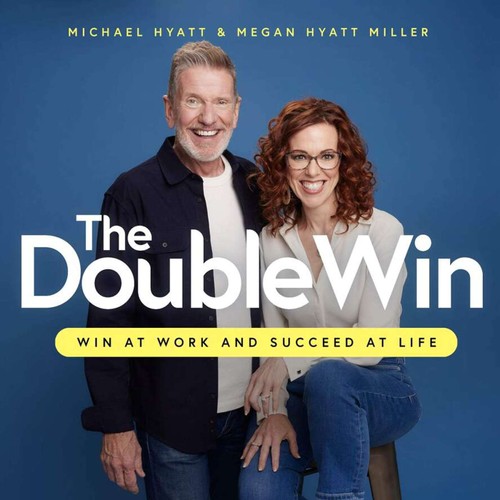
 The Double Win
The Double Win The Power of Feedback | Ayelet Fishbach
May 2, 2023
Ayelet Fishbach, a marketing professor at the University of Chicago Booth School of Business and author of 'Get It Done', dives into the crucial role of feedback in personal and professional growth. She discusses effective ways to present feedback so that it resonates and prompts action. Ayelet emphasizes the importance of after-action reviews in learning from both successes and failures. She also explores overcoming the emotional barriers of negative feedback and reframing failure as a stepping stone to success.
Chapters
Transcript
Episode notes
1 2 3 4 5 6 7 8
Intro
00:00 • 4min
Harnessing Feedback for Continuous Improvement
03:47 • 5min
Intentions and Strategic Leadership
08:42 • 11min
The Importance of After-Action Reviews for Future Success
20:12 • 2min
Enhancing Performance Through After Action Reviews and Feedback
22:29 • 3min
Learning from Negative Feedback
25:44 • 19min
Reframing Failure as a Tool for Learning and Success
44:54 • 2min
Harnessing Failure as a Tool for Success
47:11 • 3min

